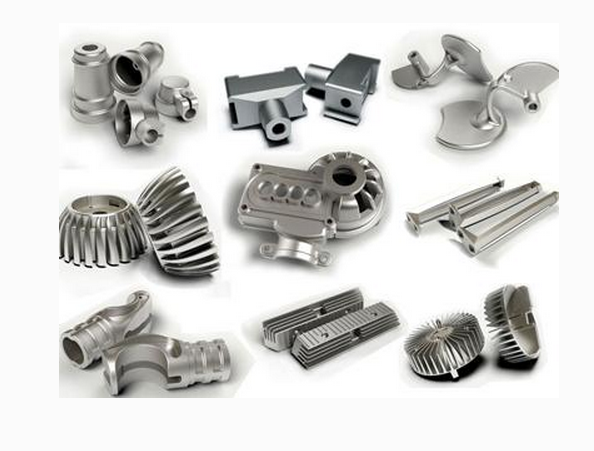Mobile:+86-311-808-126-83
Email:info@ydcastings.com
English
pump pipe connector
Understanding Pump Pipe Connectors Enhancing Efficiency in Fluid Transfer Systems
In the realm of fluid transfer systems, the importance of effective connections cannot be overstated. Pump pipe connectors play a crucial role in ensuring that liquids and gases are transported smoothly and securely from one location to another. This article delves into the significance of pump pipe connectors, their various types, and considerations for choosing the right connector for a specific application.
The Role of Pump Pipe Connectors
Pump pipe connectors serve as the critical junctions that link pumps to piping systems. Their primary function is to create a tight seal that prevents leaks, ensuring that the fluid being transferred stays within the system. A well-designed connector can significantly enhance the efficiency of the entire fluid transfer process, reducing the risk of contamination and waste.
Types of Pump Pipe Connectors
There are several types of pump pipe connectors available, each designed for specific applications and conditions. Some of the most common types include
1. Flanged Connectors These connectors are widely used due to their robustness and ease of installation. Flanged connectors come with a flat rim or lip that allows them to be bolted together, providing a secure connection that can withstand high pressure.
2. Threaded Connectors Often used in smaller systems, threaded connectors feature male and female threads that screw together. They are generally easier to install and remove but may not provide as strong a seal as flanged options.
3. Quick Connectors These connectors are designed for rapid coupling and uncoupling, making them ideal for applications where frequent disconnections are necessary. They are commonly used in mobile equipment and temporary setups.
4. Compression Connectors Utilized mainly for plastic piping, compression connectors use a rubber gasket to create a seal, allowing for easy assembly without the need for special tools.
5. Welded Connectors In high-pressure applications, welded connectors can provide a permanent and secure connection. They are less common but essential in specific industrial settings.
pump pipe connector

Key Considerations When Choosing Pump Pipe Connectors
Selecting the appropriate pump pipe connector involves several key considerations
1. Material Compatibility The material of the connector must be compatible with the fluids being transported. For example, corrosive substances require connectors made from resistant materials like stainless steel or specialized plastics.
2. Pressure and Temperature Ratings Each connector type has specific pressure and temperature thresholds. It is essential to choose connectors that can handle the pressure and thermal conditions of your system to prevent failures.
3. Flow Rate The design of the connector should facilitate adequate flow rates without causing restrictions that could lead to inefficiencies.
4. Installation and Maintenance Consider the ease of installation and the maintenance requirements of the connector. Some connectors may require special tools or training to install properly.
5. Regulatory Compliance Depending on the application (food and beverage, pharmaceuticals, etc.), it may be necessary to comply with specific industry standards or regulations.
The Future of Pump Pipe Connectors
As technology evolves, the design and manufacturing of pump pipe connectors continue to advance. Innovations such as smart connectors equipped with sensors for monitoring flow, pressure, and temperature are on the horizon. These developments promise to enhance system efficiency and reliability further, providing users with real-time data and reducing the likelihood of equipment failure.
Conclusion
Pump pipe connectors are more than just simple components; they are vital to the efficiency and safety of fluid transfer systems. By understanding the types of connectors available and the critical factors to consider when selecting them, engineers and system designers can make informed choices that optimize performance and minimize risks. As industries increasingly rely on advanced technology, the evolution of pump pipe connectors will undoubtedly play a pivotal role in shaping the future of fluid management systems.
-
Materials Used in Manufacturing Cap End Pipe FittingsNewsNov.24,2025
-
Material Properties of CF8M CastingNewsNov.24,2025
-
How to Inspect Pump Cap Ends for DamageNewsNov.21,2025
-
Backward Curved Impeller – Efficient Airflow Solutions for Industry | YD CastingsNewsNov.21,2025
-
Automobile Water Pump - Efficient, Quiet, Durable & ElectricNewsNov.21,2025
-
Impeller for Pumps – High-Efficiency, Durable, OEM-ReadyNewsNov.21,2025











